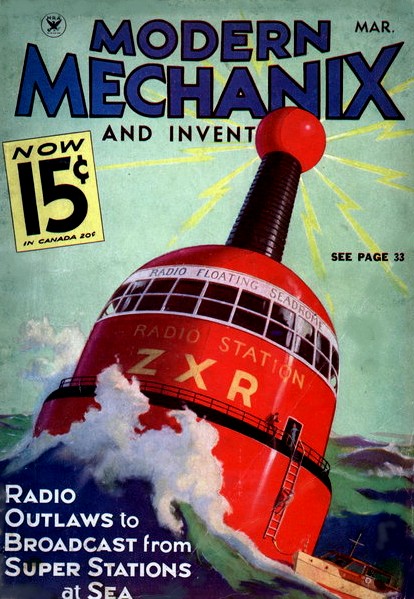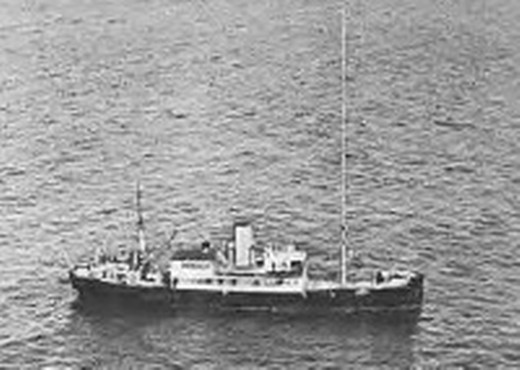Tales of Future Past v2
Main menu
- Home Page
-
Life on Other Worlds
- Life on Other Worlds
- Life on the Planets
- Life on the Moons
- Tales of the Stars
-
Future Living
- Future Living
- Life in 2000 AD
- Leisure
- Shopping
- Drive-In Market
- Cosmetics
- Laundry
- Strikerette
- School: 1999
- Optionics
- Life in 2055
- Future Movies
- Sensorama
- Scopitone
- Radio Pirates
- Weather Control
- Automatic Lumberjack
- Cold Light
- Eternal Youth
- Cryonics
- Suspended Animation
- Space Funeral
- Space Holidays
- Trapped by Television
- Robot Dogs
- Churchill: 1982
- Future House
- Future Kitchen
- Future Food
- Future Work
-
Future City
- Future City
- Skyscraper World
- Tomorrow's Skyline
- Urban Utopias
- World's Fair City
-
Future Transport
- Future Transport
- Rollerball
- Hydrofoil
- Tourism
- Future Liner
- Monorail
- Garden Rail
- Propeller Rail
- Water Rail
- Rocket Trains
- Radio Trains
- Rocket Mail
- Jet Boat
- Desert Liner
- Huge Truck
- Channel Tunnel
- Iron Whale
- Sea Slug
- Sea Slug 2
- Hovercraft
- Ice Field
- Rocket Port
- Vacuum Trains
- Transatlantic Tunnel
- Future Lift
- Travel: 1928
- Concrete Liner
- Teleportation
- Future Car
- Death Rays
Radio Pirates

The future of piracy!
Pirate radio, that is. Back in the 1930s, broadcasting regulations in the United States and Britain were tightening up and some foresaw the day when enterprising radio entrepreneurs would construct vast armoured fortresses containing gigantic transmitters that would float on the high seas and broadcast to the world without let or hindrance.
In the 1960s, such radio piracy actually came about, but not in the Blofeldesque way imagined. In the early 1960s the BBC had a monopoly on radio broadcasting and teenage pop music programmes were relegated to four hours a week without a hope of an unestablished band getting on the air. Enter eccentric, wealthy Irishman Ronan O'Rahilly who decided that the only way around the problem was to broadcast from the high seas.

Well, the North Sea and Irish Sea, anyway.
So began the legendary Radio Caroline, which ushered in the era of modern pop music in Britain by broadcasting 'round the clock what the BBC saw as insignificant. It even inspired a Thunderbirds episode.
Unfortunately, even O'Rahilly's money didn't run to Bond Villain installations, so he had to fall back on clap-
In the end, Radio Caroline fell silent in 1991 -
Maybe you don't need a floating fortress to make history after all.